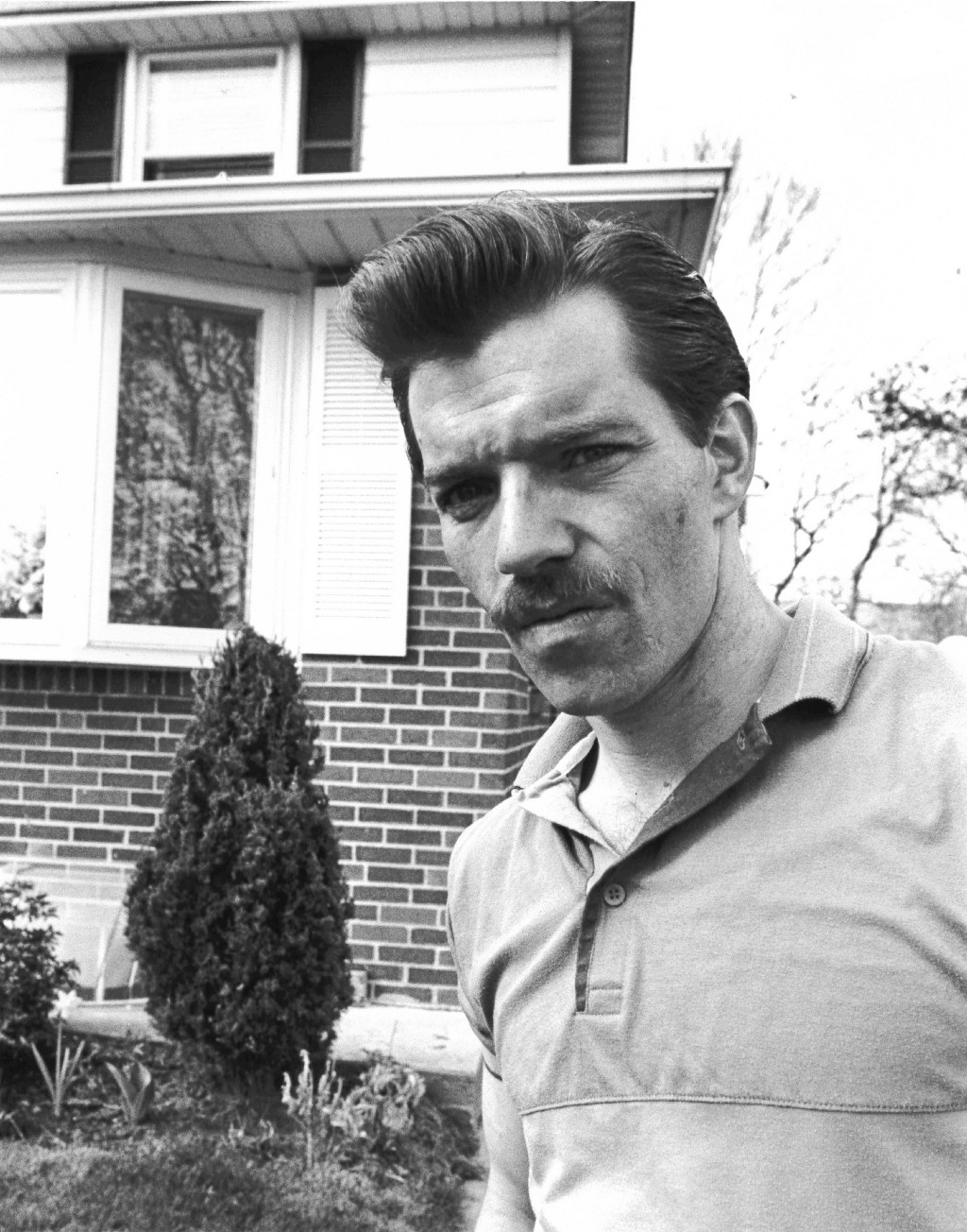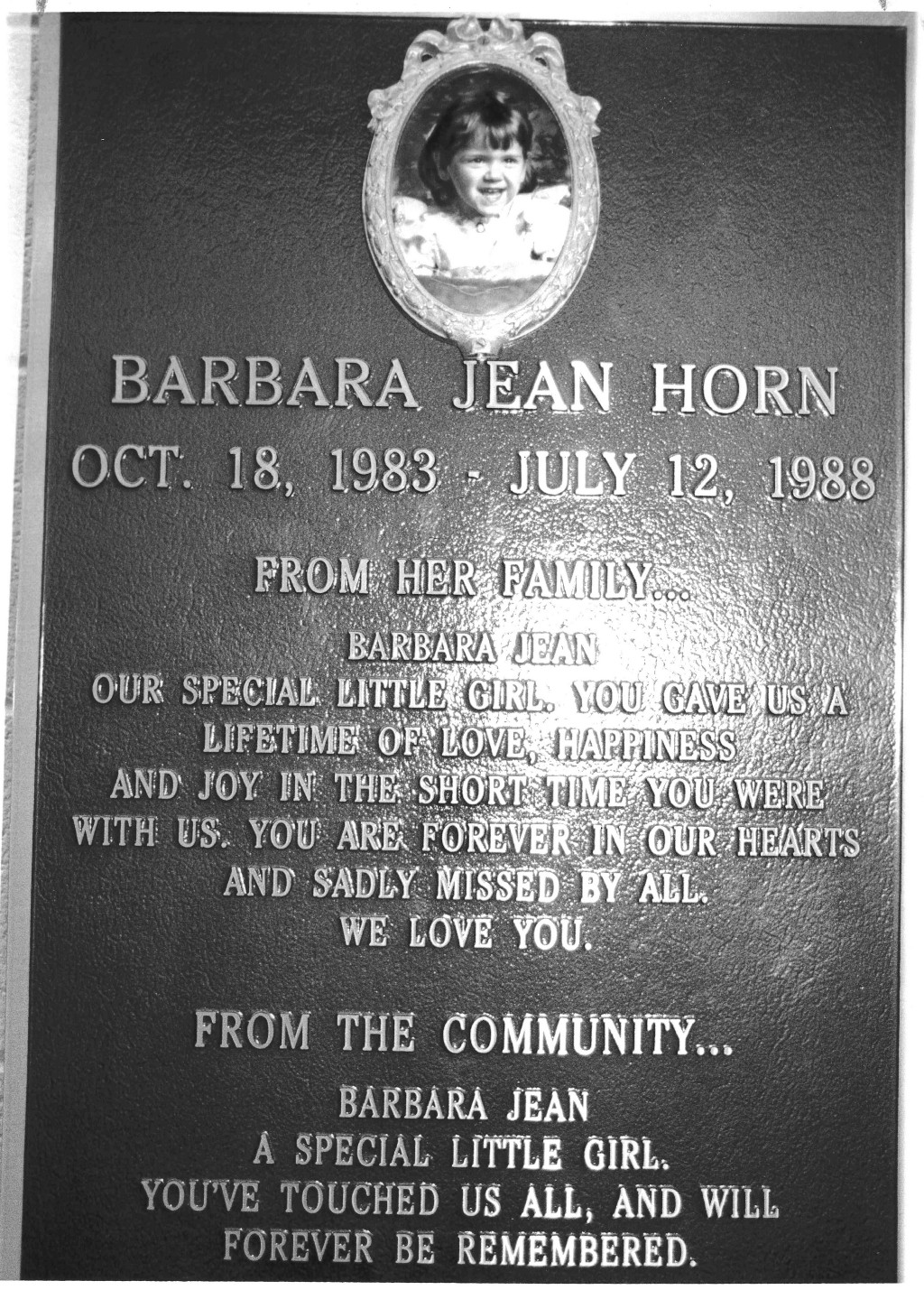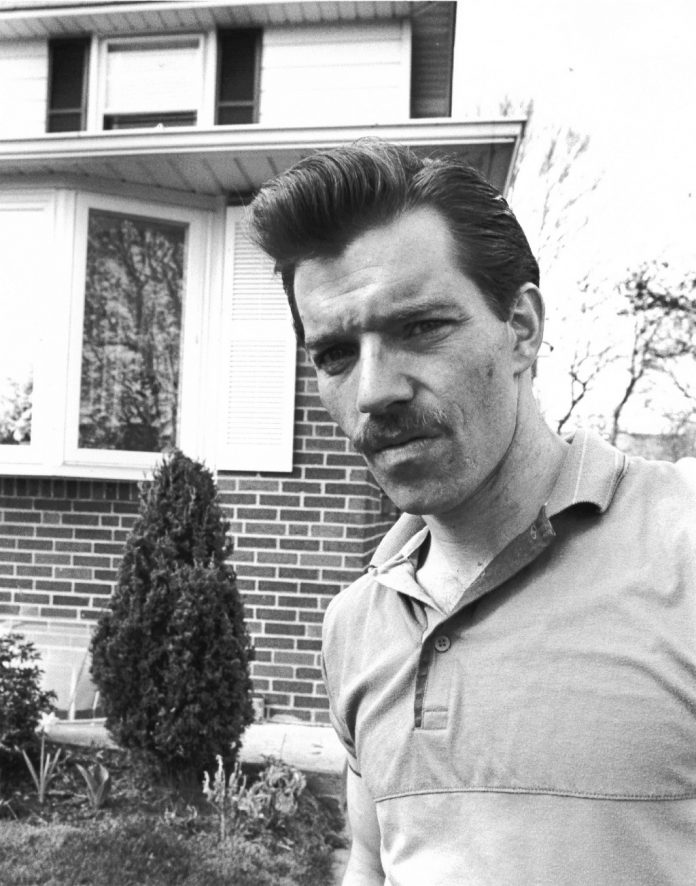A new documentary takes a look at the strange and long history of the murder of Barbara Jean Horn.

HLN’s Death Row Stories on Sunday night chronicled the case of Walter Ogrod, who is on death row for the 1988 murder of a 4-year-old Castor Gardens girl.
The one-hour documentary, titled Snitch Work, had a strong pro-Ogrod slant, and ended with news that the district attorney’s office will review the case.
Barbara Jean Horn was playing outside on the 7200 block of Rutland St. on July 12, 1988, when she disappeared. Her naked and battered body was found later in a plastic bag stuffed in a cardboard television box put out in the trash nearby on the 1400 block of St. Vincent St.
The case remained unsolved for four years, and Robert Stack ran a story on Unsolved Mysteries.
Police arrested Ogrod in 1992, after re-interviewing him and other neighbors. He lived across the street from Barbara Jean, who lived with her mom, Sharon, and stepfather, John Fahy.
Ogrod signed a confession, admitting he lured Barbara Jean into the basement of his home at 7244 Rutland St. by offering her chocolate candy. Ogrod tried to sexually assault Barbara Jean and, when she screamed, hit her over the head with an iron bar from a weight-lifting set.
At his 1993 trial, Ogrod was almost found not guilty, but a juror — retired fireman Alfred Szewczak, of Fishtown — changed his mind at the last second. Because there were only 11 votes for an acquittal, a mistrial was granted.
In 1996, Ogrod went on trial again. This time, a jury convicted him of murder and involuntary deviate sexual intercourse after less than two hours of deliberation and sentenced him to die. The key testimony came from a jailhouse snitch who, the documentary argued, received made-up information from John Hall, nicknamed “The Monsignor” for his incredible ability to elicit confessions from fellow inmates in major cases.
Ogrod appealed, arguing in part that police detectives coerced his confession and his attorney was ineffective.

The state Supreme Court, though, upheld the conviction and death sentence in 2003. Then-District Attorney Lynne Abraham said, “We are gratified by the court’s decision to uphold the conviction and death penalty. The murder of 4-year-old Barbara Jean Horn was especially brutal, and justice was done in this case.”
The appeal is being supported by Tom Lowenstein, who wrote to Ogrod and other death row inmates in 2001 as he was beginning to write a book on the death penalty. Ogrod wrote back. Now 53, he is pinning his hopes on the district attorney’s office.
The documentary suggested several other possible killers, including Raymond Sheehan, who pleaded guilty to the 1987 rape and strangulation of 10-year-old Heather Coffin in her Frankford home. That case remained unsolved until 2003, when DNA evidence led police to Sheehan. The documentary contended that witnesses identified Sheehan as the man carrying the TV box with Barbara Jean’s body inside. ••






